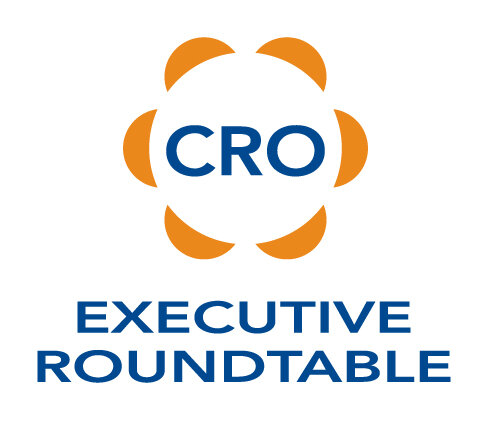A sub-4% unemployment rate leads to a difficult sales hiring market. So what can you do when you need to expand, or upgrade, your existing sales team? Here is a unique approach to finding the strongest salespeople in the tightest labor markets.
Hire Talent Over Experience
I know, it sounds cliche, but it is fundamental to successful sales hiring in any market. This approach is counter-intuitive to most CROs. The stereotypical approach is to find someone from your industry and hire them away from your competition. Bad approach. Sure, there are strong salespeople in your industry, but you won't know, for certain, what makes them successful in their current position. It may be the company, the culture, the support, the leads...a distinct difference that could preclude them from being successful in your company.
Talent will outperform experience. Guaranteed. You can teach them about your "stuff", your market and your solution. You probably have scores of people who can train them on those previous topics in a relatively short time period. What you can't teach them quickly is how to sell. A certain irony exists in sales hiring in that many (most?) CROs hire salespeople without looking at their sales ability. Industry experience becomes the preeminent criteria for hiring even before sales ability/talent.
Many CROs are unaware that you can measure sales ability. We have assessments that will tell you about the candidates talent, skills and drive to sell in your role. If you can withdraw from the intoxicating appeal of experience, you can broaden your talent pool. This expansive view allows you to look into other industries to find sales talent with transferable skills.





